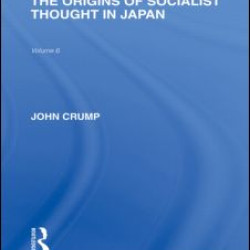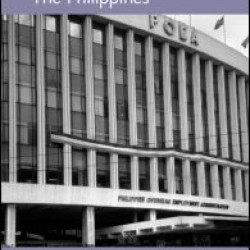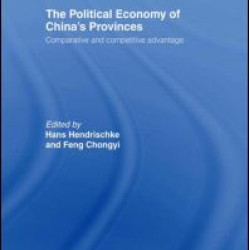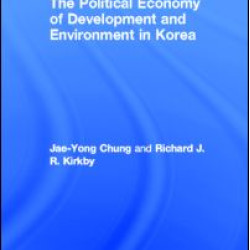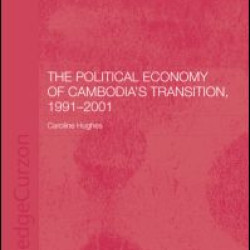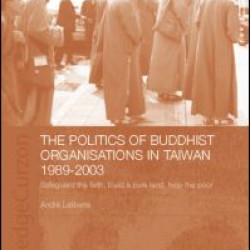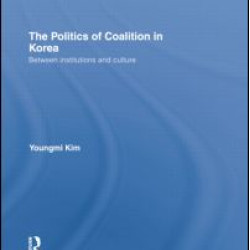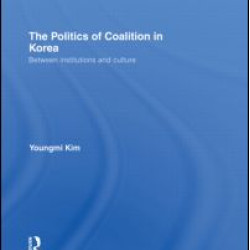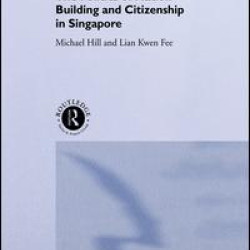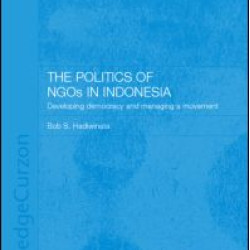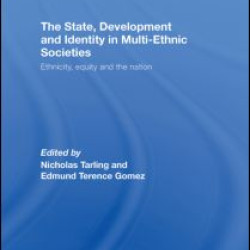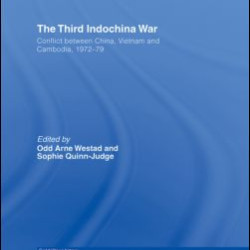Asian Politics
Brand: Taylor & Francis
Model: Stock
Socialism first gained a major foothold in Japan after the revolution and the subsequent Meiji restoration of 1868. Against the background of the rapid development of capitalism in Japan after the revolution, and the accompanying emergence of the working class, this study shows how early Japanese so..
₹2,643.10 ₹3,303.88
Brand: Taylor & Francis
Model: Stock
Nearly five million migrant workers from the Philippines are employed in over 190 countries and territories. They work as doctors and domestic helpers, engineers and entertainers, seamstresses and surveyors. It is through their collective labor that the Philippines has assumed a global presence. _x0..
₹1,761.83 ₹2,202.28
Brand: Taylor & Francis
Model: 9780415207751
The Political Economy of China's Provinces is the first book to introduce the concept of competitive advantage in the context of Chinese provincial studies...
₹8,812.80 ₹11,016.00
Brand: Taylor & Francis
Model: 9780415205368
This book looks at Korea's economic, social and spatial development processes from the early Modernisation period to the financial crisis of 1997. The author gives a comprehensive view of both Korea's economic miracle and recent problems...
₹8,812.80 ₹11,016.00
Brand: Taylor & Francis
Model: Stock
Cambodia underwent a triple transition in the 1990s: from war to peace, from communism to electoral democracy, and from command economy to free market. This book addresses the political economy of these transitions...
₹8,078.40 ₹10,098.00
Brand: Taylor & Francis
Model: Stock
Exploring a dimension of Taiwanese poltics that has received little attention, this book gives a detailed survey of three of the most important Buddhist organizations in Taiwan: the Buddhist Association of the Republic of China, the Buddha Light Mountain monastic order, and the Buddhist Compassion R..
₹2,643.10 ₹3,303.88
Brand: Taylor & Francis
Model: Stock
Examines how the dynamics of inter-party and intra-party coalition-building have affected governability in post-authoritarian South Korea. The main contention being that a weak institutionalisation of both the ruling party and the party system accounts for political instability and the lack of stron..
₹2,422.78 ₹3,028.48
Brand: Taylor & Francis
Model: Stock
Examines how the dynamics of inter-party and intra-party coalition-building have affected governability in post-authoritarian South Korea. The main contention being that a weak institutionalisation of both the ruling party and the party system accounts for political instability and the lack of stron..
₹8,812.80 ₹11,016.00
Brand: Taylor & Francis
Model: Stock
The creation of a national identity has been a central feature of political life in Singapore. A broad strategy of multiculturalism together with the creation of 'Asian values' has served the purpose of building a new national identity...
₹2,643.10 ₹3,303.88
Brand: Taylor & Francis
Model: Stock
This book deals with two major issues: how Indonesian NGOs survived under Suharto's authoritarian rule; and how NGOs contributed to the promotion of democracy in the post-Suharto era...
₹8,812.80 ₹11,016.00
Brand: Taylor & Francis
Model: 9780415451789
This book examines ethnic communities, identity, economy, society and state, and the links between them, in a range of countries across Asia, challenging the widely held belief that an authoritarian political system is necessary to ensure communal co-existence in developing countries where ethnic mi..
₹8,812.80 ₹11,016.00
Brand: Taylor & Francis
Model: 9780415390583
This book is the first international history of the Third Indochina War, and features contributors from many different countries and scholarly traditions...
₹8,812.80 ₹11,016.00


